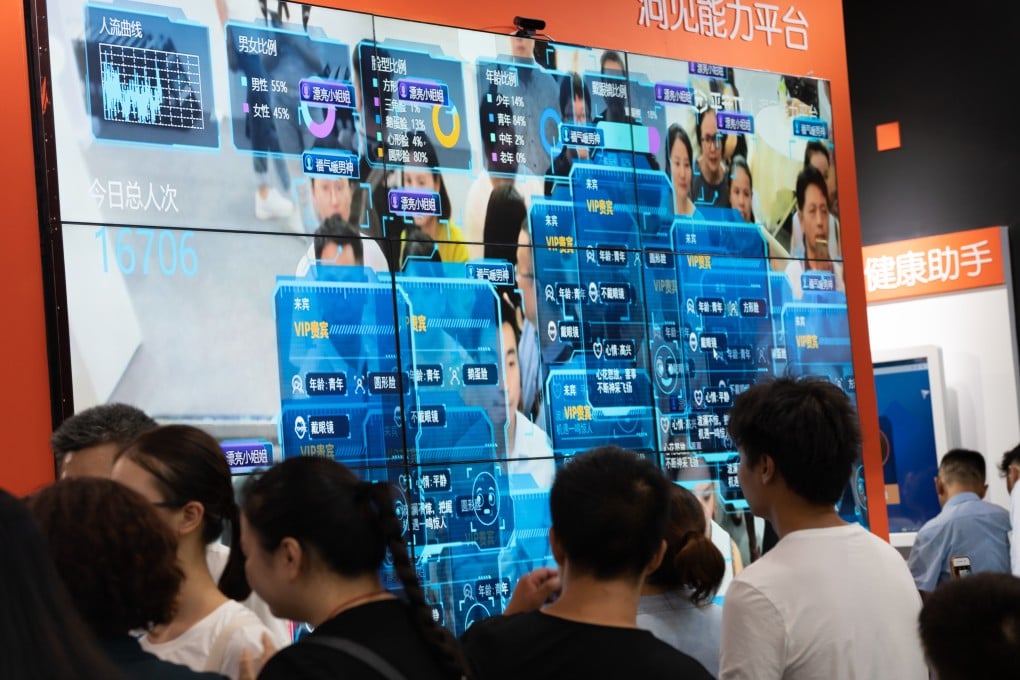Explainer | China’s smart cities: 4 areas where AI, the IoT, big data and cloud computing are making a difference
- Connected networks of sensors and communication devices make management of resources and services more efficient and effective
- Cities are adopting advanced technologies and innovative approaches to urban planning and management

At some new subway stations in Beijing, Guangzhou and a number of other Chinese cities, people no longer need to swipe a card or scan their phone to catch a train. The gate opens following a quick scan of their face, with the process taking less than two seconds.
Big screens show how crowded each subway carriage is, allowing passengers to decide which one to board.
Such technologies have seeped into everyday infrastructure systems in big Chinese cities following a recent push to develop smart cities.
The development of smart cities integrates advanced technologies such as artificial intelligence, the Internet of Things (IoT), big data and cloud computing in various areas, such as transport, public security, the environment and manufacturing.
And the connected network of sensors and communication devices enables real-time data collection, analysis and feedback, leading to more efficient and effective management of resources and services.
Cities such as Beijing, Shanghai, Guangzhou, Shenzhen and Hangzhou are leading the way in adopting advanced technologies and innovative approaches to urban planning and management.